
There is something of a debate about the phrase “breast is best.” We are, of course, referring to breastfeeding. But did you know that herbs can help improve the quality of breast milk? According to proponents of this, these have impressive results. It is a point that can be discussed by the mother, her doctor, and her lactation advisor.
Herbal Benefits for Breastfeeding
According to Pubmed, there is limited information about the use of herbs during breastfeeding. However, there is enough to guide you to making your own choice on which supplements you wish to take and which you choose to ignore. It is important to point out that no herbal preparation should be used without the consultation of a doctor and a qualified herbal practitioner. That is, no article will take the place of a trained professional.
Interestingly, a study done by Biomed Central showed that the use of herbs during lactation is widespread. The study involved a self-filled questionnaire of women aged 18 or older who had or were breastfeeding over a 12-month period.
Below is a summary of the findings from this study:
- 304 women responded to the questionnaire, or ~27% of women who were sent the survey.
- 57% stated that they used one or more herbs during the 12-month period for medical purposes.
- 24% said they used at least one herb to increase milk flow.
- 43% felt that herbs were safer than medications.
- 28% of women reported their taking of herbs to their medical providers.
While many herbs were reported, the top ten herbs were fenugreek (which was the most popular), ginger, dong quai, chamomile, garlic, blessed thistle, cranberry, fennel, aloe vera and peppermint. Goat’s rue, blackthorn, stinging nettle and shatavari were also listed as helping to increase milk production.
This article attempts to outline the potential benefits of herbal supplements for breastfeeding. Scientific studies are used throughout in order to support the claims made here. Of course, medical advice made by trusted physicians is always advised before changing habits or adding to your routine.
Herbs that Increase Milk Supply for Breastfeeding
Something that seems to be a concern for many lactating women is whether they are producing enough milk for the baby.
To help answer that concern, several questions can be asked. Is the child thriving? Is it gaining weight, happy and not having digestive issues? If so, then milk production is most likely adequate. Again, this is a discussion best held with a lactation advisor and a pediatrician.
For those who wish to increase milk supply, many women turn to herbs. In the herbal lexicon, these herbs are called galactagogues. A galactagogue is any food or drug that aids in the increase of a mother’s milk. Several herbs have a reputation for increasing supply. Because studies on these herbs involve risk to two people, the mother and the child, studies are not done as frequently as with other herbs. That being said, several have been done.
Fenugreek
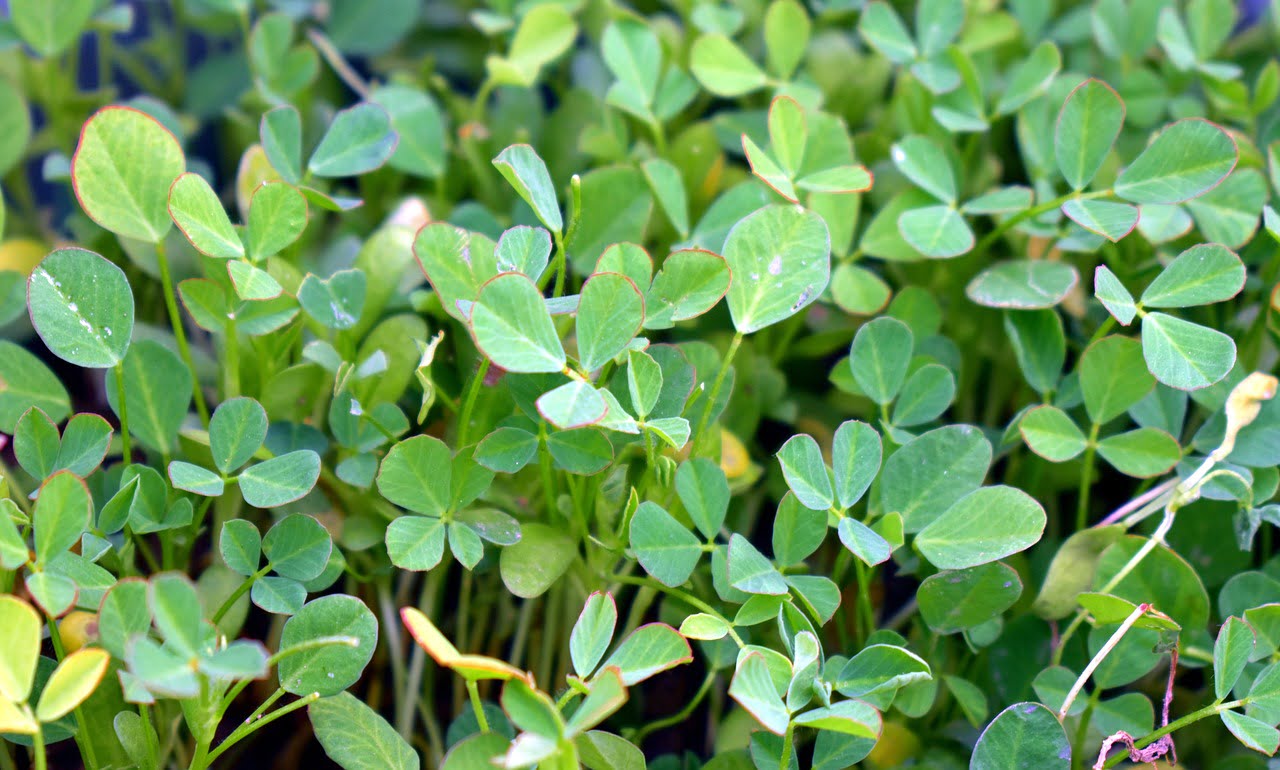
This is a common cooking herb in India. It is often used in curries and the fresh leaves can be found in salads. Fenugreek is also used in making imitation maple syrup. Those who eat it often have a slight maple scent to their sweat and urine. Women who use it during lactation may notice it also adds the same scent to their milk.
After analyzing the results of multiple studies done with Fenugreek as a possible galactagogue, the authors of this article report that there are insufficient experiments done in a scientifically sound way to make a proper conclusion. Barring one study, either the number of participants were too low, there weren’t any double-blind control groups or placebo groups, the results weren’t statistically significant, the amount of fenugreek ingested was lower than recommended amount, or the supplements taken contained more than one herb and therefore couldn’t be concluded as to which herb gave the desired effect.
Studies on Fenugreek
There is one study that was performed on fenugreek that is of a scientifically sound standard. There were 122 participants, a placebo and a control group, statistically significant results, and fenugreek was isolated so as to not attribute the desired effects to other herbs. This study reports the consumption of fenugreek significantly increased the amount of produced breast milk.
However, warnings state that the safety profile of using this herb while breastfeeding has not been studied in depth, and for this reason, caution should be exercised. Still, it is on the U.S. Food and Drug Administration’s GRAS list (Generally Recognized as Safe).
Do not take fenugreek during pregnancy as it can affect uterine contractions. Side effects may include diarrhea, a worsening of asthma, and as mentioned previously, a maple-like smell to urine, breast milk, and perspiration. It is recommended to use with caution if you have a peanut allergy (as fenugreek is in the same family as peanuts and chickpeas), diabetes or hypoglycemia (as fenugreek reduces blood glucose levels), or asthma (as inhalation of the powder can increase asthmatic symptoms).
While most of the studies did not report any adverse reactions to mother or child after the use of fenugreek, at least one indicated that there was an increase in gassiness in the infant and in some mothers an oversupply of milk.
The recommended dosage when using fenugreek as a herbal remedy for increasing breast milk production is 3500mg per day. Doses under this amount have reported little to no positive effects. Many mothers have discovered that once milk production has been risen to an adequate level, it is perfectly fine to stop using the herb while still experiencing the benefits.
Fennel
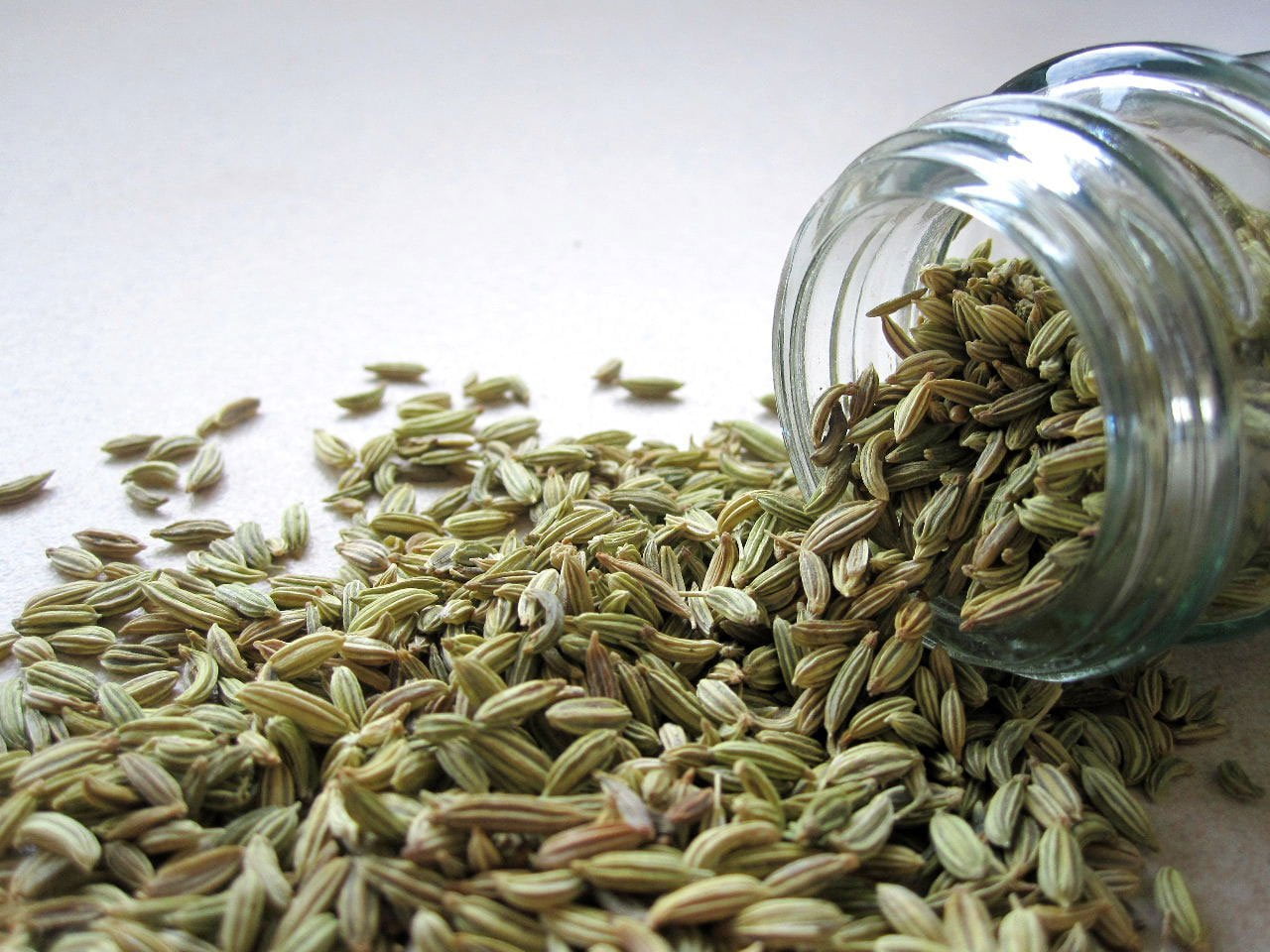
Usage of fennel dates back at least as far as the Roman naturalist and philosopher Pliny the Elder. He felt it was so useful that he used it in caring for over 20 maladies. More modern uses start around 1300 AD when it was used both in cooking and as an appetite suppressant. This was important in that time frame because the Church had many fasting days and the seeds helped those who were fasting get through the day.
Doctors have noted that it seemed to help women with milk supply. That was one of the few things they believed about the plant that has some merit. One of the more obscure uses was to prevent ghosts from entering a home and other similar difficulties. It was also considered a remedy for poisons, particularly the bites from rabid dogs.
Most people think of fennel as food. It is a condiment used in many cuisines and the root is often used in cooking, especially Italian recipes. The root can be eaten raw or cooked. However, fennel is one of the most widely used herbal supplements on the planet, with over 40 documented uses and a history spanning millennia.
Studies on Fennel
Of all of the galactagogues, fennel is the most studied and the one that seems to work the best. Not all of the studies were well organized and some of them used a mixture of herbs. Of those that concentrated on fennel alone, it did seem to have a positive effect on milk production and on a thriving baby.
The best study done on fennel was a randomized double blind study. This study was over a 4-week period with the mothers taking 7.5 grams of fennel seed 3 times a day mixed with 3 grams of black tea. The control group drank black tea.
The study started at birth. Results of the study showed that the babies from the fennel group didn’t lose as much of their birth weight and they gained more weight than the control group. Their head circumference was also larger, although there was no change in height. Of similar significance, the number of times breastfed per day increased, as well as the number of wet diapers and number of times defecated per day. These parameters were used as signs to measure the increase of breast milk production.
Fennel is not without controversy. There is a report of two children who were hospitalized with neurological problems. These righted themselves after discontinuing the herb.
Goat’s Rue

Goat’s Rue is in the same plant family as fenugreek. This plant is found in the Middle East, France and Italy. It has spread to other countries including the United States. In fact, it is considered a noxious weed in 35 states.
This plant has been used as a galactagogue since at least the 1700s. It was recorded by Sir John Hill in his works found in the Edinburg College Library. Linnaeus, the Father of Botany, noted the work, although he was unhappy at its lack of scientific data.
As with most of the herbs discussed in this article, many of the studies are of poor quality. Those that are of good quality often have other galactagogues mixed in, and therefore desirable effects cannot be isolated to one herb. However, at least one study exists of goat’s rue and silymarin, a derivative of milk thistle.
Studies on Goat’s Rue
The number of women in the study was not given although it was double blind and randomized. Half of the women were given the combination of 5g of the silymarin/goat’s rue mixture and the other half were given 5g of lactose. The children were all preterm. Therefore, breast pumping was necessary to make it easier to measure and to test the milk.
The mothers who received the galactagogues produced 200mL of milk per day while the control group only produced 150mL of milk per day. This study continued for some months after and it was found that most of the women who continued breastfeeding at least 50% of the time at 3 and 6 months after the study were among those that had taken the supplement.
An interesting side effect was noted by several women. Goat’s rue seems to encourage the growth of breast tissue. It isn’t as strong as Pueraria mirifica, an herb known for this effect, but it was noticeable.
There are some cautions when it comes to this herb. As with fennel, there are reports of two infants and one mother who were hospitalized. The infants had low weight and were lethargic. The mother was also lethargic. Ceasing the supplement put an end the problem.
The other major issue to point out is that this plant is where the diabetes drug Metformin comes from. It is known to lower blood sugar. People with diabetes or hypoglycemia should take extra care and talk with their doctors before using this herb.
Goat’s rue is also a blood thinner. If you are taking blood thinners or are planning on having surgery, caution is advised. Stop taking goat’s rue at least two weeks prior to surgery and let the medical staff performing the operation know you’ve been using this supplement.
Coleus amboinicus Lour and Palm Date
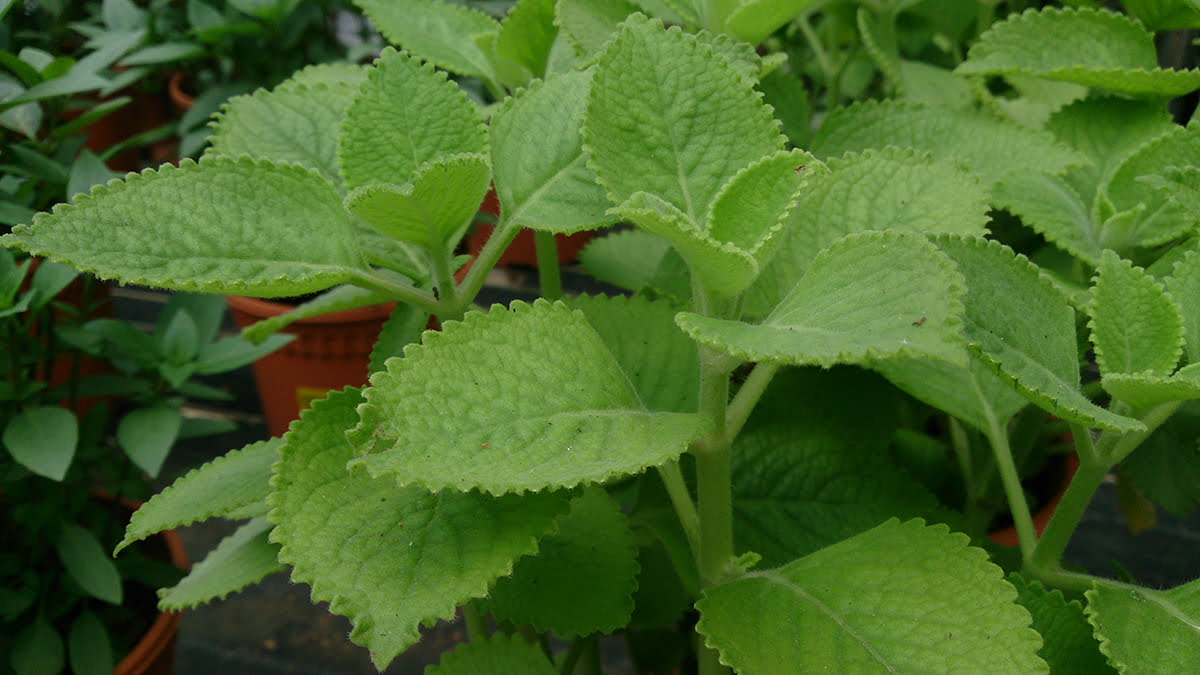
During the research and analysis phase for writing this article, it was discovered in a study done on fenugreek that there were unexpected positive results related to two other herbs: Coleus amboinicus Lour (CA, or Mexican mint, or Torbangun) and palm date.
In the study, it was found that consuming fenugreek significantly increased the production of milk. However, the effects of fenugreek paled in comparison to CA and palm date. In fact, the effects brought about by these two herbs for breastfeeding was superior to all other comparators.
Similarly, CA has been used for centuries by the Bataknese people in Indonesia. A qualified, scientifically sound study performed with CA during the first month of lactation demonstrated that CA increased breast milk production while maintaining milk quality. Lactating women who consumed CA had a 65% increase in milk volume during the final 2 weeks of the study (days 14-28). Moreover, results were seen one month after ingestion of the supplement ceased.
Herbs with Potential Adverse Breastfeeding Effects
Sage
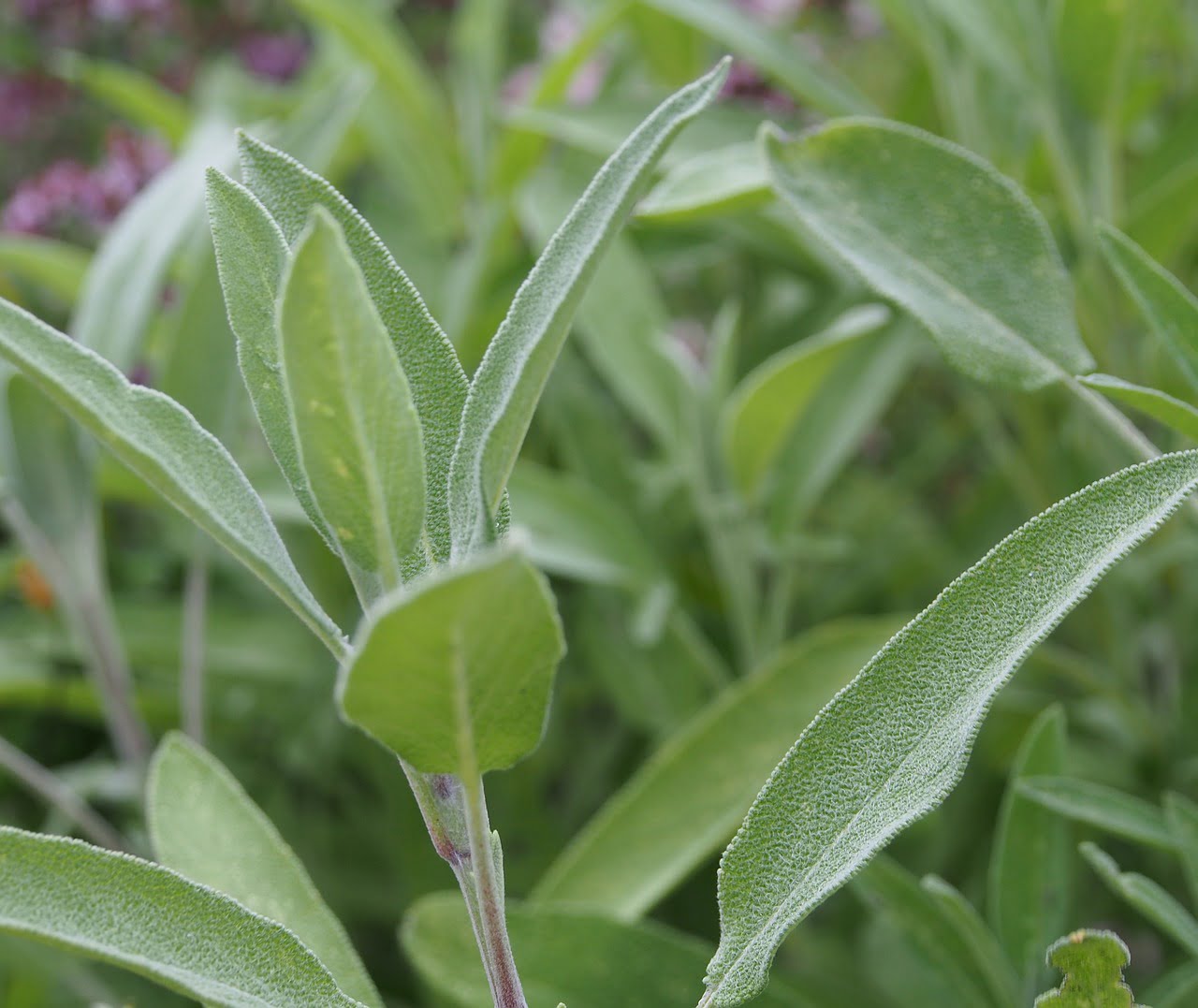
This common cooking herb has many uses in the herbal pharmacopoeia. Besides being excellent for turkey, chicken, stuffing, and sausages, it can be used for other minor problems. As an example a cup of sage tea (best made with chicken broth for flavors’ sake) can help settle an irritable colon.
For women who are ready to wean their children, sage dries up the milk supply without causing some of the serious side effects that just stopping might do. This fact makes it an herb to avoid during lactation.
As a side note, there are other herbs that can help in weaning, though some of them might be best used under close care from a doctor. Peppermint, lemon balm, black walnut, parsley, oregano, spearmint and thyme are the most commonly used herbs that fit this category. Herb Robert, sorrel, yarrow, periwinkle and chickweed can do the same things.
Soy
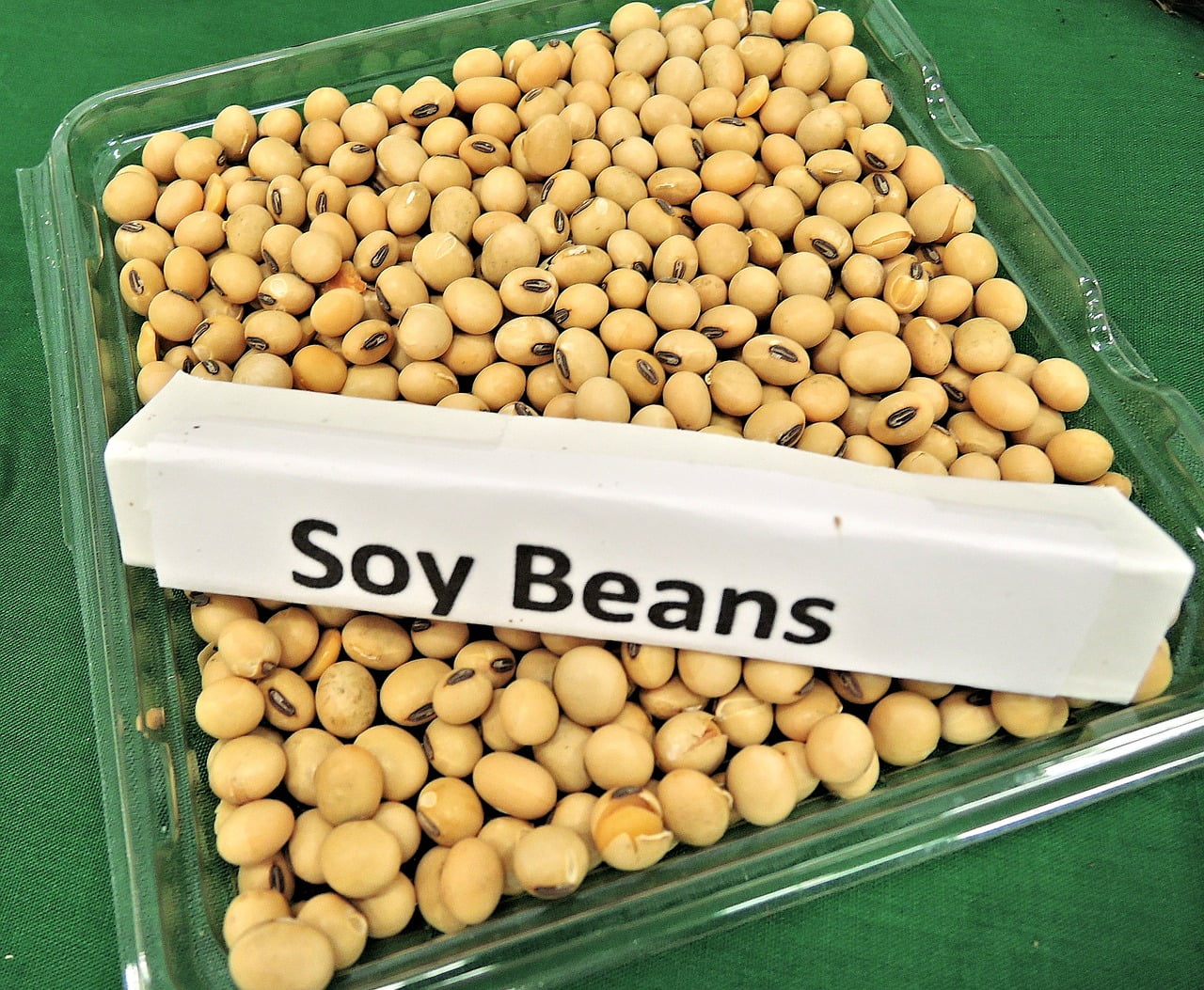
Unless your doctor and pediatrician approve it is best to avoid soy products during lactation. This is because whatever you consume your child will consume via the breast milk.
Soy has several phytoestrogenic compounds. These compounds don’t just affect the person who consumes it; it will translate into the baby. One study was done on mice to check the effect of genistein during late gestation and lactation. It turns out that it can affect the development of the fetus and the newborn.
This is especially true for females. Even after the child has become an adult, the exposure can cause problems with uterine development and the ability to have children.
Other herbs to avoid
Soy isn’t the only herb that can have an adverse effect on breastfeeding infants. Herbs that might be toxic to the liver such as comfrey, borage and coltsfoot should be avoided. In fact, comfrey is not sold in most stores due to its toxic potential.
Herbs that can cause diarrhea and gastric upset should be avoided. Aloe vera, senna, buckthorn and cascara segrada are on this list. Of these, the only one safe enough to be used in general is senna. Aloe vera juice often has some of the glycosides that cause problems removed but that does not help the infant.
Herbs that can have an effect on the nervous system should also be avoided. Wormwood, kava kava and rauwolfia are in that list. Other herbs to avoid include licorice root, ephedra, garlic, rhubarb and elecampane. Please note that in some places ephedra is banned as it can be deadly.
Foods to Avoid to Improve Breastfeeding
The following can be considered a matter of debate. It is also a matter of each individual baby. It can be hard to tell what might cause a case of colic or other reaction. For that reason, you may want to keep a food diary to make it easier to figure out what may have caused a problem.
There are some foods that should be avoided either because they can cause other problems or because they are a common cause of colic. It might be a good idea to discuss these foods with a dietician and with your nursing coach.
Fish
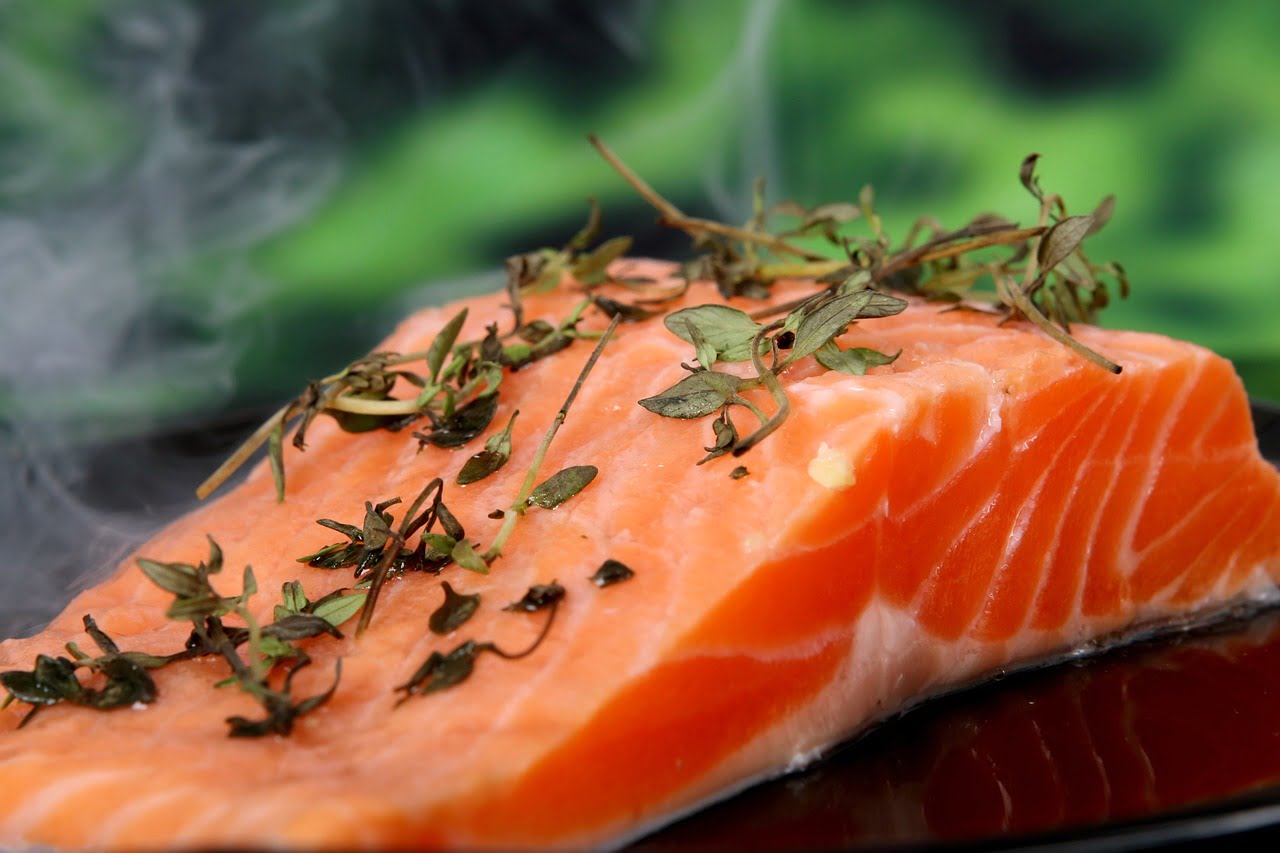
This is a good source of protein and omega-3 fatty acids. However, fish contains mercury. Some contain more than others. The guideline is up to 2 servings per week of up to 6oz of fish per serving. You don’t necessarily need a scale; 6oz is about the size of two decks of playing cards.
When choosing fish, go for those that are lower in mercury. These include salmon, tilapia and trout. Fish to avoid would be shark, tilefish and king mackerel.
Spicy foods
We may like it hot, but the baby is going to have a hard time handling the spices. This is especially true of hot peppers. You may need to skip the salsa or the chilli flakes for a while.
Milk
This seems like it might be odd and it is relatively rare. However, babies can have a hard time when mom drinks a good deal of milk or other dairy products. It usually results in skin problems, so if you notice an unexplained rash, it’s time to talk to the pediatrician.
Tea
Not just tea but coffee, energy drinks, and other things that contain caffeine can be a problem. It will do the same things for the baby… Wide awake, jittery, and due to that, very grouchy. It may be a difficult transition for you. However, your baby will sleep better without the caffeine.
Eggs, peanuts and nuts
This isn’t an area you need to cut out of your diet necessarily. You should discuss it with the pediatrician. There is no evidence skipping them during lactation will prevent later allergies. There is a connection between sensitive babies and eczema, however.
Sugary drinks
This can also be extended to over-indulgence of sweets in general. Breastfeeding can make you more thirsty than usual. Water gets boring after a while, and with caffeine off the beverage menu, it’s tempting to reach for some fruit juice or soda.
There are two reasons not to do that. Firstly, it’s unhealthy. There are a lot of calories without a lot (or any) nutritional value in return. The second is “second hand sugar.” The sweets you eat can be passed on to the baby through the breast milk. This can lead to all kinds of problems including obesity and the possibility of diabetes.
Alcohol
It’s best to hold off on the wine and other libations until after the baby is weaned. You can have a small amount now and then but you will need to time it just right. The alcohol needs to be out of your system before the next feeding. With one drink, that takes three hours. Alcohol can be found in breast milk longer than that if more than one drink is taken.
There are several reasons for this recommendation. For you, alcohol can cause the ‘let down’ sensation. This means milk starts flowing whether baby is there or not. Over time, it can also decrease milk flow and thus decrease the amount of time the baby can nurse. For the child, it can disrupt sleep patterns. It also has an effect on development.
The CDC points out another concern for mothers and caregivers that consume alcohol while caring for a baby. It can impair judgement and put the child at risk.
Gas producing foods
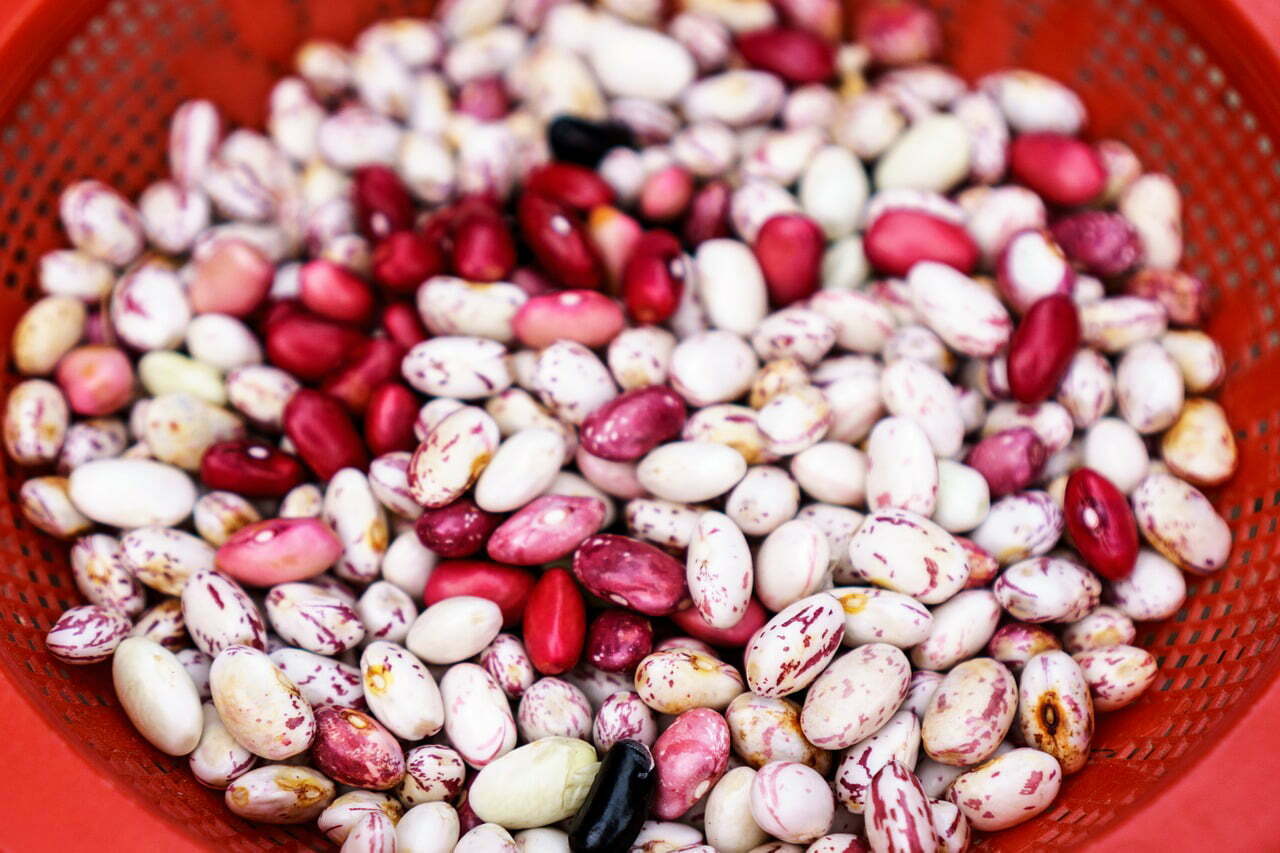
While maintaining a healthy diet is important, some parts of a healthy diet can produce a good deal of gas. This is a natural process, but it can cause problems for a baby.
Beans, broccoli, cauliflower, and other foods, particularly in the legume and crucifer families, can cause colic, gassiness and other forms of infant discomfort.
Licorice
This has already been mentioned as a possible problem with milk production. However, it has two other potential difficulties for nursing mothers and infants. The actual root, which is often used in flavoring, contains a great deal of natural sugar. This can cause problems for diabetics. It also raises blood pressure. Both of these can be passed on to the baby through breastfeeding the milk.
When you are in doubt about whether a candy contains licorice, look at the color. If it’s red, it’s probably flavored with anise. If it’s black, it’s probably flavored with licorice.
You’ll also want to watch the popular ‘naturally sweetened’ herbal teas found on grocery store shelves everywhere. Some are sweetened with stevia, but most are sweetened with licorice root.
Tomato sauce
Tomato sauce is not alone in this category. Anything that has the potential to be sour should be avoided. It won’t make the milk bad, but it could add a sour flavor to it. Tomatoes are also known for upsetting sensitive stomachs, and this could translate to the child.
Onions
There is a story of a woman who loved to eat stewed Spanish onions. Her sister-in-law tried to warn her not to eat them because she was nursing a newborn. The woman didn’t listen and the child had a bad case of colic. Fortunately, the sister-in-law knew how to handle it. Because of this, you may want to stay away from onions, garlic, and related foods at least for the first 6 months.
Common Breastfeeding Myths

Sex: There are people who say that having sex while breastfeeding will sour the milk. This is not true. Having an active and healthy sex life has no effect on breastfeeding quality.
Many women don’t produce enough milk: While it does happen occasionally, this is mostly a myth. The more you breastfeed, the more milk you produce. It’s strictly supply and demand.
Milk is too thin: If by thin you mean it isn’t as thick as it was when you first started, you’re right. At first, you produce more colostrum which is very thick. After a week or two, it does thin as there is less colostrum in it. This is perfectly normal.
Babies have to learn to drink from a bottle: Women were feeding babies strictly by breast for thousands of years before a bottle was invented. If you are a working mom it may be necessary for the child to be able to drink from a bottle but it is not imperative.
Your milk will go bad if you get upset or exercise too much: Unlike milk/formula from a bottle, your breast milk is always safe from that particular problem. The only possible difficulties would be certain medications and alcohol. In those circumstances, consult your doctor.
Herbs are safe: As you’ve read previously in this article the answer to that is decidedly no. Herbs aren’t always safe, and that goes double for breastfeeding. Just because it’s ‘all natural’ does not mean it’s safe. Remember, Socrates was given hemlock for ritual suicide and that was all natural.
Breastfeeding causes saggy breasts: Many women find the opposite to be true. Having mammary glands full of milk tend to make breasts fuller rather than saggy. And if you do have saggy breasts, there are ways to improve that!
Conclusion
In the end, the best practice is to always look into the facts and studies conducted on these herbs and foods. There is no harm in putting in a little effort and gaining knowledge. Do what’s best for you and your baby, at all times.
Common Questions
Herbs like fenugreek, fennel, goat’s rue, coleus amboinicus Lour, palm date, and others are known to support lactation and milk production.
Yes, herbs consumed by breastfeeding mothers can pass into breast milk, potentially affecting the baby. It’s essential to consult a healthcare provider before using herbal supplements.
Yes, certain foods like fish, milk, tea, eggs, peanuts, and nuts are known to support lactation and milk production. However, individual reactions may vary.
Yes, herbs such as fenugreek, fennel, and goat’s rue are believed to have galactagogue properties, potentially increasing milk supply. It’s crucial to consult a healthcare provider before using herbs for this purpose.
